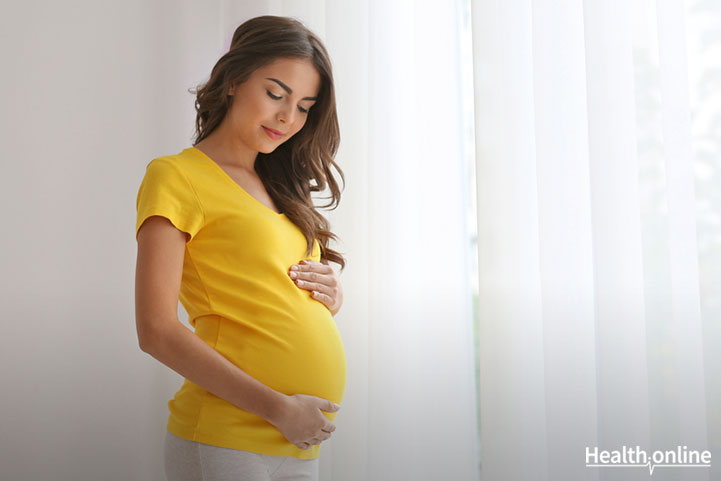
What are the initial signs of pregnancy?
Are you wondering if you might be pregnant? Or maybe you just found out that you’re pregnant and are not sure what to expect. Of course, the only way to be 100% certain is by taking a pregnancy test. But there are a few tell-tale signs to look out for that can point to you being pregnant. Here are some of them:
Breast tenderness
Breast tenderness is one of the earliest signs of pregnancy and can be noticed as early as the 4th week of pregnancy. Milk ducts in the breast tissue start to expand in preparation for breastfeeding, which can cause breasts to feel tender, heavy or tight. The good news is that these symptoms usually get better with time.
To help deal with breast tenderness most doctors recommend that women should wear support bras or special maternity bras that are less likely to cause pain or discomfort.
Spotting and Cramping
After the fertilized egg attaches itself to the wall of the uterus (where it will spend the next nine months), some women may experience light spotting and cramping. This is perfectly normal and is known as implantation bleeding.
The cramping resembles menstrual cramps, so a lot of women initially mistake both the cramps and the mild bleeding as the start of their period. These symptoms are usually mild, but if you notice heavy bleeding or extremely painful cramps then be sure to see your doctor right away.
Nausea
Nausea is probably the most anticipated pregnancy symptom because everyone knows it’s coming. But, at the same time, it still takes people by surprise. Nausea, or morning sickness, usually starts in the first trimester of pregnancy and can make you feel tired, unwell and dehydrated. However, it does get better by the second trimester, and in many cases it goes away completely with time. Here are a few tips on dealing with nausea:
- Eat smaller meals more often. Eating small amounts of food every 1-2 hours instead of larger meals may help.
- Carbohydrates are key- therefore. consider things like soda crackers, dry toast or cereal to settle your stomach. These are less likely to cause an upset stomach.
- Try to eliminate caffeine and spicy or odorous foods from your diet.
Mood swings
For some women the first weeks of pregnancy will see them shift from one extreme mood to another. At one moment, your partner forgetting to take out the garbage might bring you to the depths of despair, and in the next moment, you might find yourself giggling at the TV. Mood swings should be expected, so don’t get too worried about them. Mood swings happen because your hormones are all over the place, as your body adjusts to the growing baby. The rollercoaster of emotions tend to go away as your hormone levels stabilize. Do not be too difficult on yourself, just be sure to tell those around you what to expect!
Tiredness
If you’re suddenly exhausted, find yourself falling asleep during the day, or it’s getting hard for you to carry out activities that you normally did without any difficulty, then you might be pregnant. This happens for a number of different reasons, but the primary one is that there is a spike in the hormone ‘progesterone’ causes tiredness. Like other early pregnancy symptoms, the tiredness tends to get better with time. In the meantime, here are some things you can do to help deal with the fatigue:
- Prenatal supplements – Be sure to take prenatal supplements that have Iron in them.
- Adjust your schedule – Tweak your schedule so that you can make the most of your non-fatigue or ‘productive’ hours.
- Rest – Give yourself time to rest and take a few minutes to unwind- both mentally and physically.
- Eat a balanced diet -Good nutrition and eating small, frequent and healthy meals will go a long way towards helping you boost your energy.
Going to the washroom all the time
Unfortunately, frequent urination will be the one symptom that you can count on throughout your entire pregnancy. It starts early in the first trimester and continues right along until the third. By the third trimester your baby (that is now a few pounds heavy) is resting right against your bladder which leads to frequent urination.
Although this list doesn’t represent every single early pregnancy symptom you may have, it still gives you a good idea of what to expect. If there is ever any doubt or concern about any symptoms you are suffering from, then be sure to visit your doctor.




